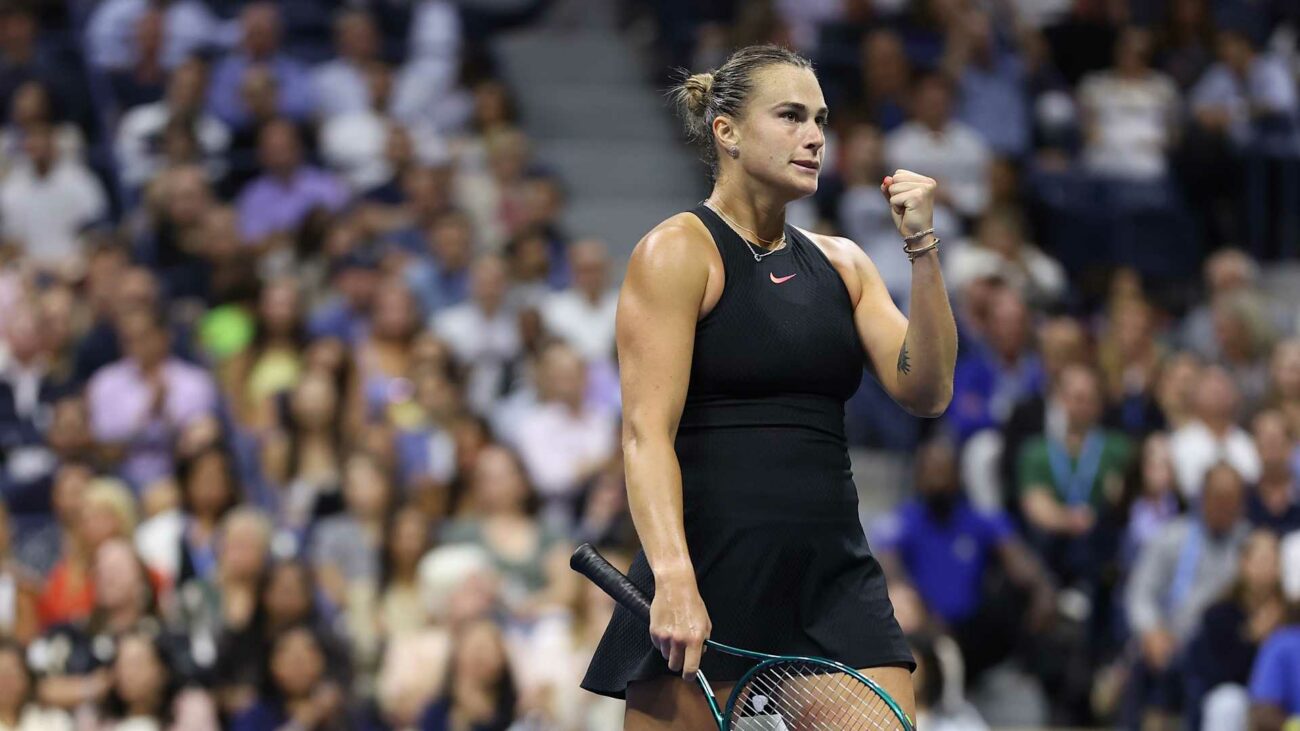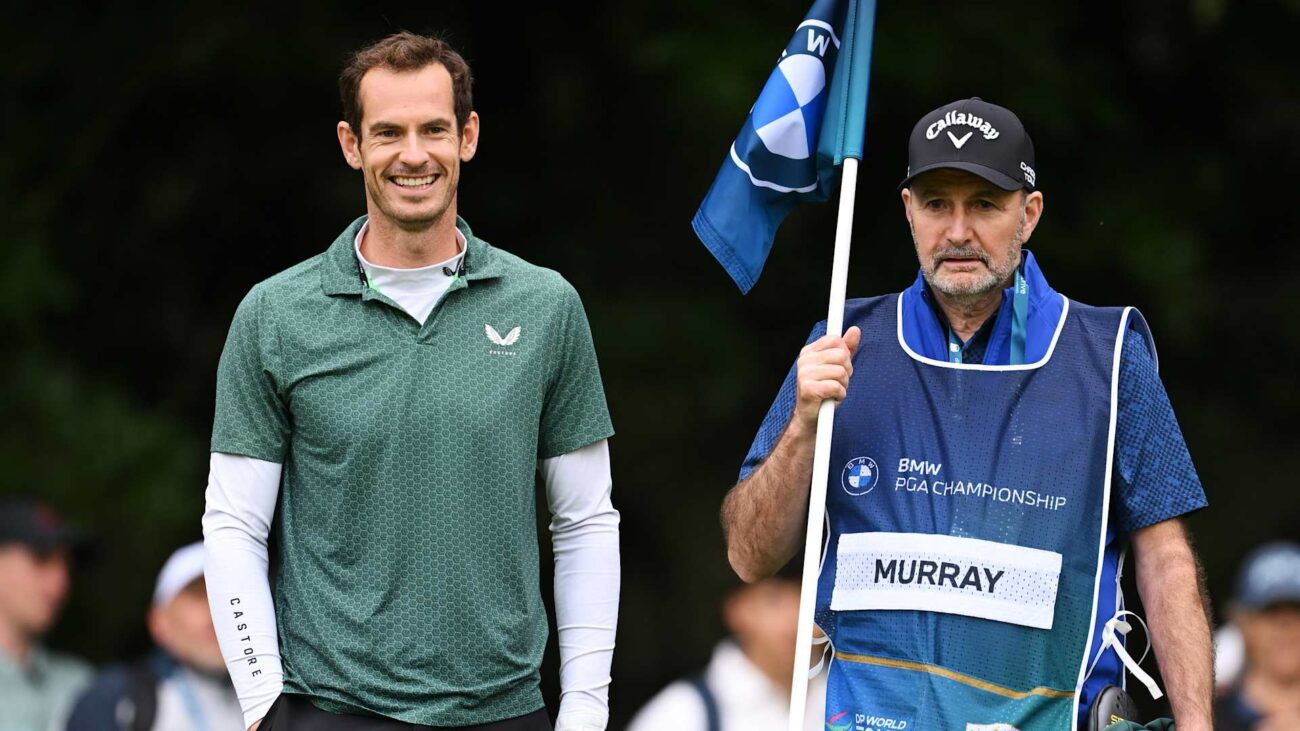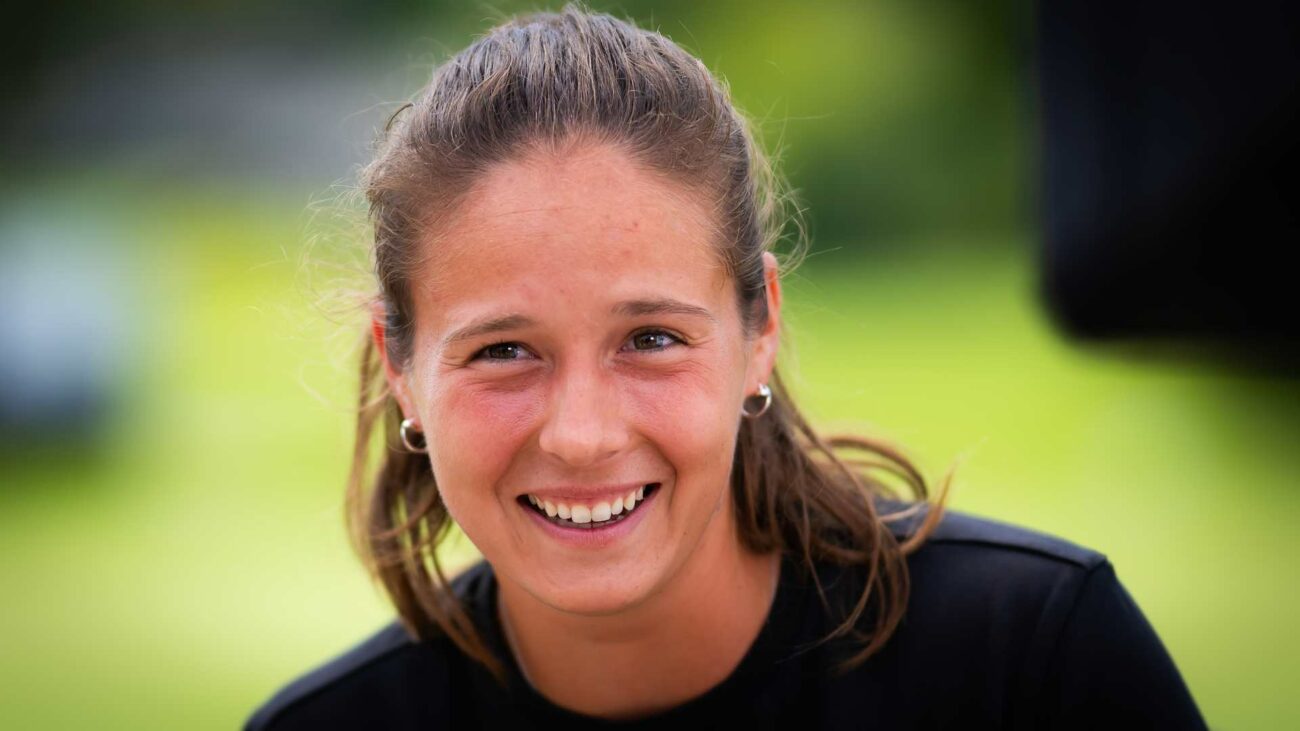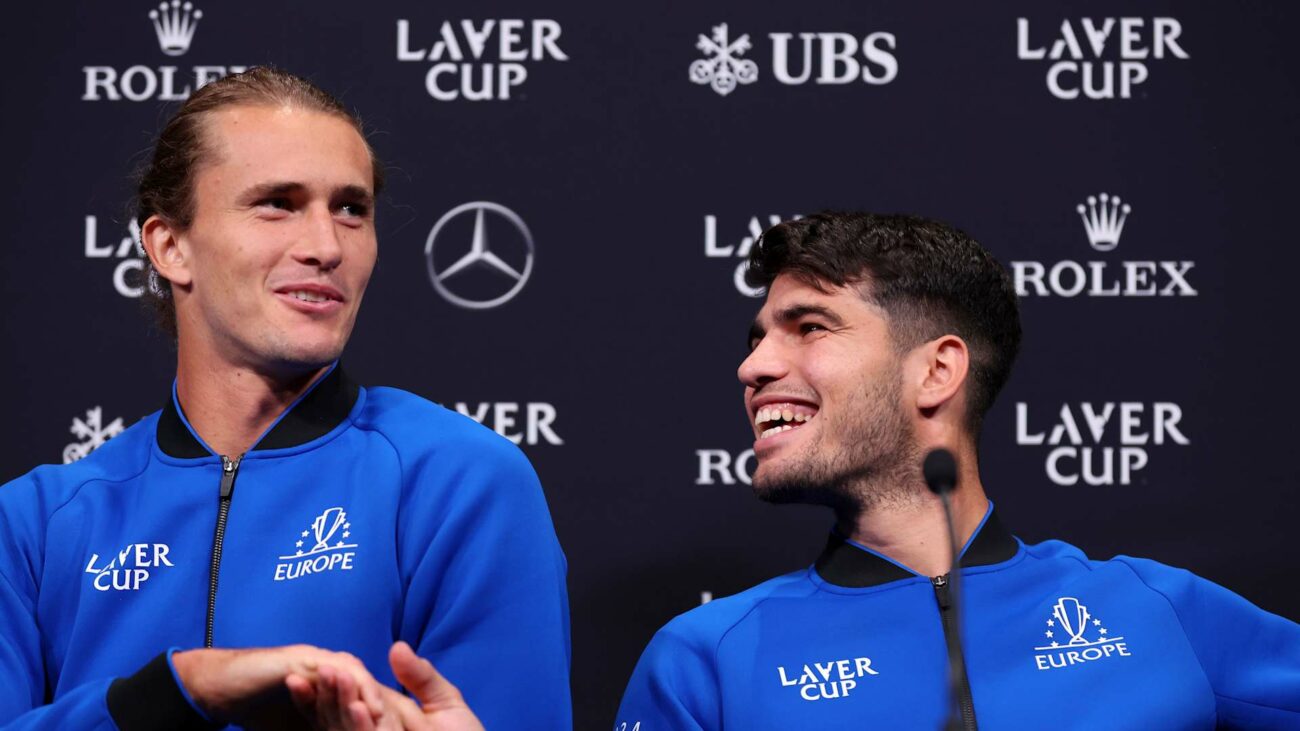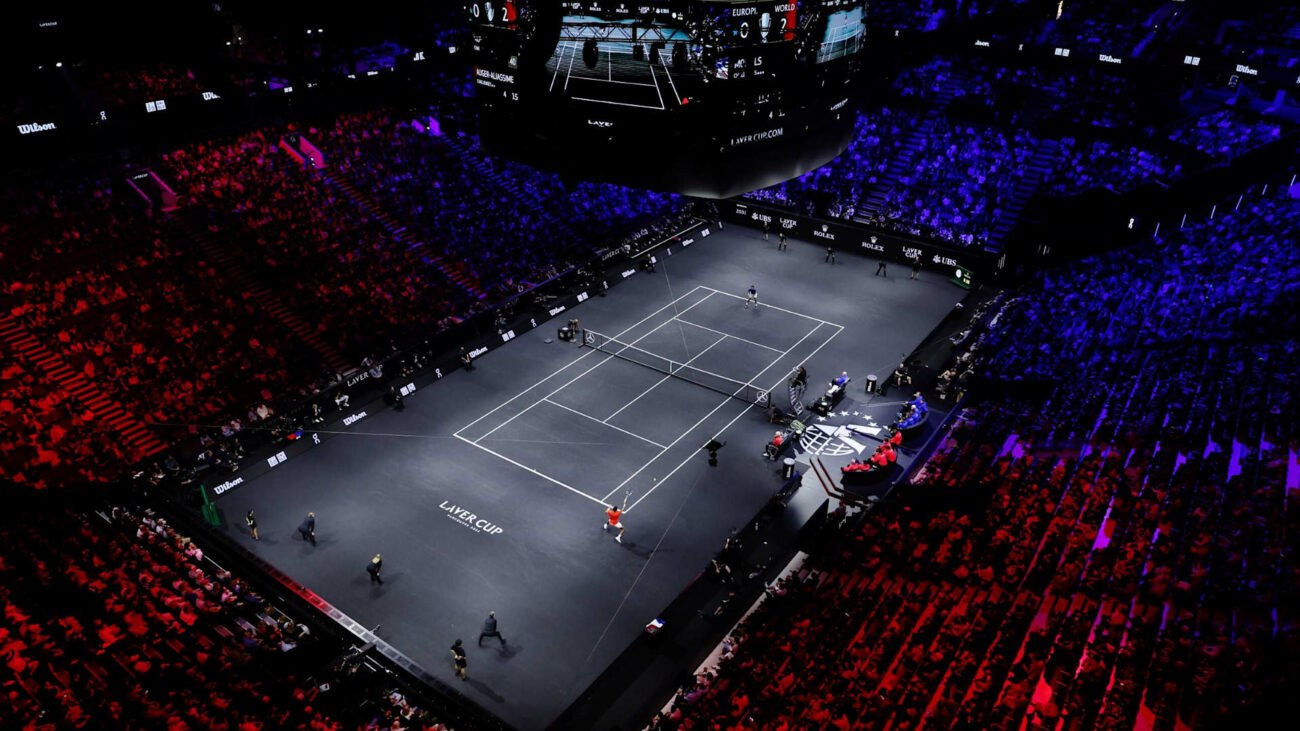US Open Tournament Director Addresses Scheduling Conflicts and Fan Engagement
US Open tournament director Stacey Allaster, the first woman to hold this position at any Grand Slam event, recently joined the Served Podcast to discuss one of the sport’s most pressing concerns: scheduling conflicts.
Allaster acknowledged the challenges of managing the flow of spectators in and out of Arthur Ashe Stadium, especially during late-night matches. She emphasized that starting matches earlier on Ashe is not feasible due to ESPN’s broadcast schedule. Additionally, she ruled out reducing men’s matches to best-of-three sets, as players prefer to avoid interruptions and potential injuries.
Unlike Wimbledon, which has strict curfew laws, Allaster dismissed the idea of implementing a similar policy at the US Open. She explained that players are eager to compete and would rather not be forced to postpone matches.
Roddick, a former US Open champion, agreed with Allaster’s assessment. He highlighted the unpredictable nature of tennis matches and the need for players to be prepared to take the court at short notice. He also emphasized the importance of recovery time for players, especially when facing back-to-back matches.
Allaster acknowledged that even if matches were started earlier, there would still be gaps in the schedule on Ashe. She also discussed the competition for viewership with other major sporting events, such as the NFL and college football.
Despite these challenges, the US Open has enjoyed record-breaking attendance in recent years. Allaster attributed this success to the variety of personalities and storylines in tennis, as well as the tournament’s status as a major social event in New York City.
She also highlighted the growth in tennis participation during the COVID-19 pandemic, suggesting that new fans may be contributing to the US Open’s success. Allaster emphasized the importance of inspiring a love for tennis and encouraging more people to pick up a racket.
Roddick noted that the US Open attracts more spectators in three weeks than MLB teams do in an entire year. He credited Fan Week, which allows fans to watch world-class players practice for free, as a major factor in the tournament’s popularity.
Allaster expressed her commitment to improving the US Open experience for both players and fans. She acknowledged the need to address scheduling conflicts and is open to suggestions for solutions.

